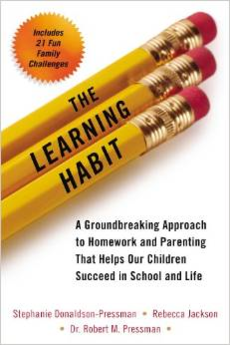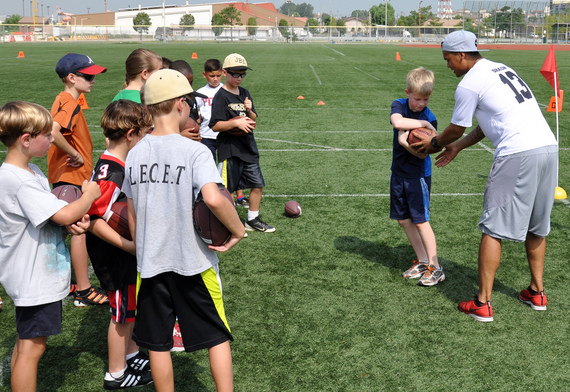Creating opportunities for all children to learn, in a country as vast as the United States, is a unique challenge. One salient point all sides seem to agree on is that children learn though play. Exactly what that "play" looks like and where it takes place has been a hotly debated topic this week.
In The New York Times last week, I noted a succession of articles in favor of eliminating competitive sports -- all sports -- from high schools. The articles were triggered by the recent scandal in which a New Jersey high school suspended football after incidents of hazing and sexual assault.
There have been several ideological arguments encouraging the United States to abolish school sports and model our schools after countries that outperform the U.S. on tests, such as the P.I.S.A; Finland and Poland have been cited as exemplars for this recommendation. The potential danger of using small, homogeneous countries as boilerplates for education reform in the United States is that they inadvertently leave behind the very students they purport to help. Journalist Amanda Ripley, among others, argues that education and sports should not mix.
"By mixing sports and academics, we tempt kids into believing that it's O.K. if they don't like math or writing -- that there is another path to glory." Ripley stated. (New York Times, Room for Debate, Oct. 22)
Unfortunately, arguments like this overlook the idea of a "whole child" approach to learning. Team sports have a strong impact on social and emotional development. For many children, it is the reason why they go to school every day. The commitment they have made to a group, a team, is what motivates them to keep moving forward.
Children play sports because children learn through play. Full Stop.
They enjoy feeling connected to their school, having friends, and getting physical exercise. This passion and connection to school can come from many activities. For some children, it is through sports.
The United States has the second highest child poverty rate among developed nations.
If sports are abolished in schools, they won't be resurrected elsewhere. The idea of "privatizing" school sports and relegating them to club activities will only serve to exclude rather than include children from extracurricular sports activities. If you suffer from the grinding assault of poverty on a daily basis, imagine how much worse your life would become if you had to pay for your children to participate in a sports club? 23 percent of U.S. children live in poverty (as compared to 5 percent of children in Finland).
Such debates seem to focus on the misguided belief that there are equal opportunities for children to participate in "pick-up games on dirt fields."
In countries such as Finland, these arguments certainly hold water. Finland continually ranks as the safest country in the world. Additionally, Finnish schools offer segmental breaks every 45 minutes so students can play. "Homework" in Finnish schools, means a balanced routine and involves more play.
In many cities in the United States, poor children live in housing areas where drug deals, street crime, and seemingly random gang violence make it too dangerous for caring parents to allow their kids to go outside for "pick-up" play. These kids shuttle from home to school and back--period. If we are to borrow a page out of Finland's notebook, it would seem appropriate to add opportunities for children to play, not obliterate them.
--
Rebecca Jackson is an educator and co-author of The Learning Habit: A Groundbreaking Approach to Homework and Parenting That Helps Our Children Succeed in School and in Life (Perigee)
